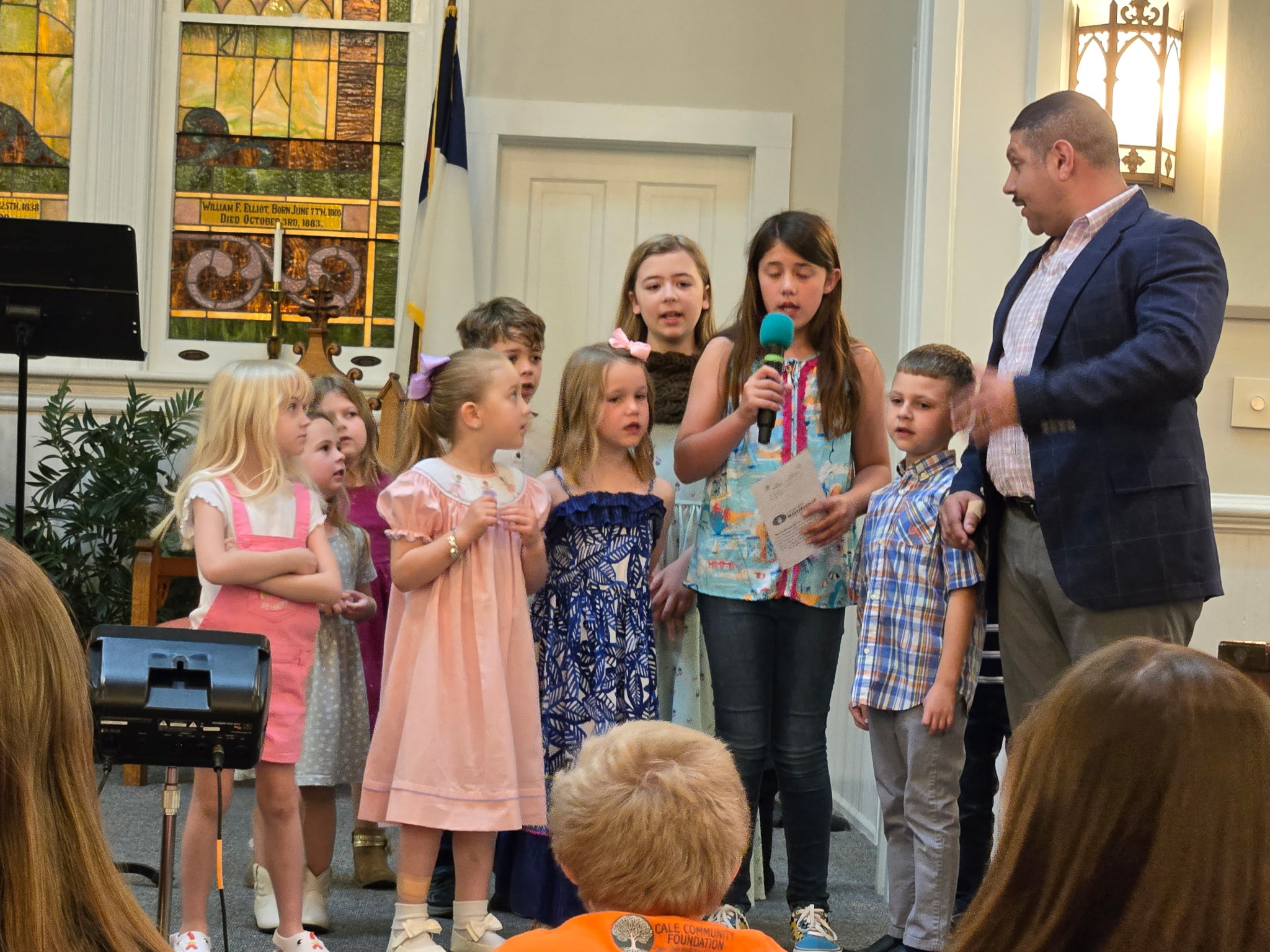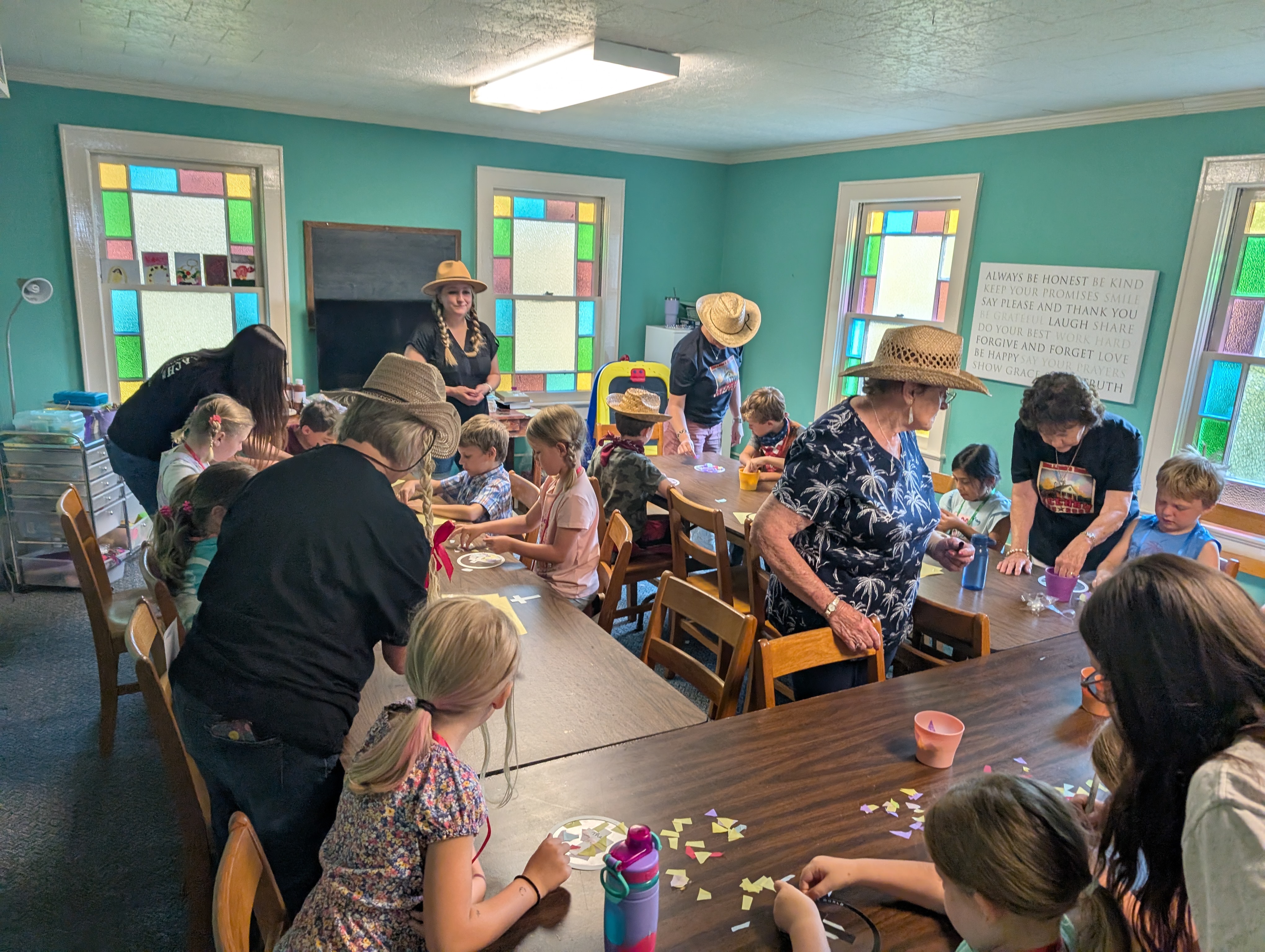


Bridge Kids, Vacation Bible School, Youth Group!
Sign up to Serve!



Find out what God is doing in our Youth and Children’s Ministry!
Children are so important to God and to us at Ballard’s Bridge!
We seek to make a loving and welcoming environment for all kids, from newborns to teens!
We offer fun activities, special programs and events, and age-appropriate classes. We seek to incorporate kids into the worship service and within the whole church family. Children are the next generation to carry on the faith and are vitally important to the body of Christ.
We have Nursery and Sunday School Classes for all ages every Sunday at 9:30 am.
We have Nursery during the worship service every Sunday at 10:30 am. We also have a room in the foyer of the church with a baby-changing table, a couch, and chairs. This room as well as the nursery also has radio so you can hear what is happening in the worship service.
We have Bridge Kids during the sermon portion of the worship service for kids from Pre–K through 4th Grade. In this program, they learn an age-appropriate Bible lesson, sing, play, and have a snack.
Message us below to learn more about kid’s policies and how to serve.

The Rock Youth Group!
'The Rock' Youth Group Sunday Nights! One class for ages 6-12 (5-7 p.m.) and the other for 13-17 (7-8 p.m. ). Connect with Jesus & fellow youth through activities, sharing of the Word, and worship! Everyone is welcome at 'The Rock'!
‘The Rock’ welcomes a new segment to its youth group, The Mountaineers! In The Mountaineer's Program, children embark on a transformative journey to deepen their faith through core values: remembering God's Word, obeying His commands, caring for others, knowing Jesus personally, and sharing the Gospel.




